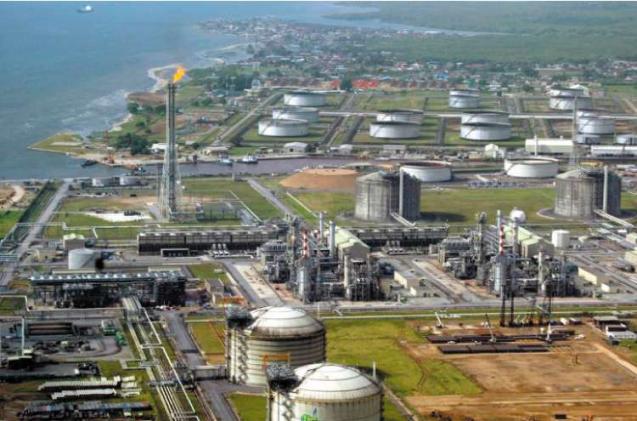Last week I had the opportunity to participate in a discussion about Nigeria’s post-colonial impoverishment, and its evolution since it became independent in 1960. I learned many things about the country, and I though it might be interesting to share some of these insights with you. The discussion was led by Professor Catherine Duggan from Harvard Business School. She’s a political scientist, and has researched Nigeria among other emerging countries.

70 to 80% of the Nigerian budget is covered by oil revenues. This is “easy” money for the government to get – leaving aside the USD $ 1 billion/month that seems to be “getting distracted.” Because of this, the politicians lack incentives to create the right conditions for the private companies to be able to operate normally: they don’t need to collect corporate taxes to cover public expenditure. Instead of helping create growth in non-oil industries, they concentrate on distributing oil income in a way that consolidates their power.

As a consequence, other industries have not developed as they could (and I believe should) have. For instance, while Nigeria was exporting agricultural products, now it needs to import them so as to supply enough food to its population. And still, about 60% of its arable land is not cultivated. By the same token, investment in power generation lags behind, affecting both production costs and the lives of most Nigerians. (You may have read about this in my previous post on the excitement of blackouts.)
Add regional and ethnic tensions fueled by economic differences between North and South and political corruption to the mix and you have the ingredients for holding back the country. While a few got richer and richer, most became poorer and poorer.
But Nigerians refuse to accept the situation. Instead, they want to contribute to changing it. There will be presidential elections on February 2015. I didn’t learn about this yet, so I can’t comment.


Is the informal economy included in this? My bet is that the reputation Nigerians have as resourceful entrepreneurs is at play in sectors not captured in official statistics. What comes to mind immediately is Nollywood. More movies are produced in Nigeria than in Hollywood or Bollywood.
Christian, the data Catherine shared with us come from the World Bank, so I doubt the informal economy is included as you indicate. But the same applies to the data on China, although I don’t know the weight of the informal economy in one or another country. Interstingly, I read a headline on the Financial Times today making a similar comparison between Argentina and the US. I didn’t read the whole note, but it made me think that we can’t rest on our laurels at the country level either…
I have had the opportunity to coach several very successfull Nigerian entrepreneurs and I was really impressed by the commitment they had with returning to society and contributing to the development of people with less opportunities. I am sure they will make a positive impact in the country.
Patricia, I have the same impression after a few weeks here: people have it very clear that they have to give back, and actually, they do.